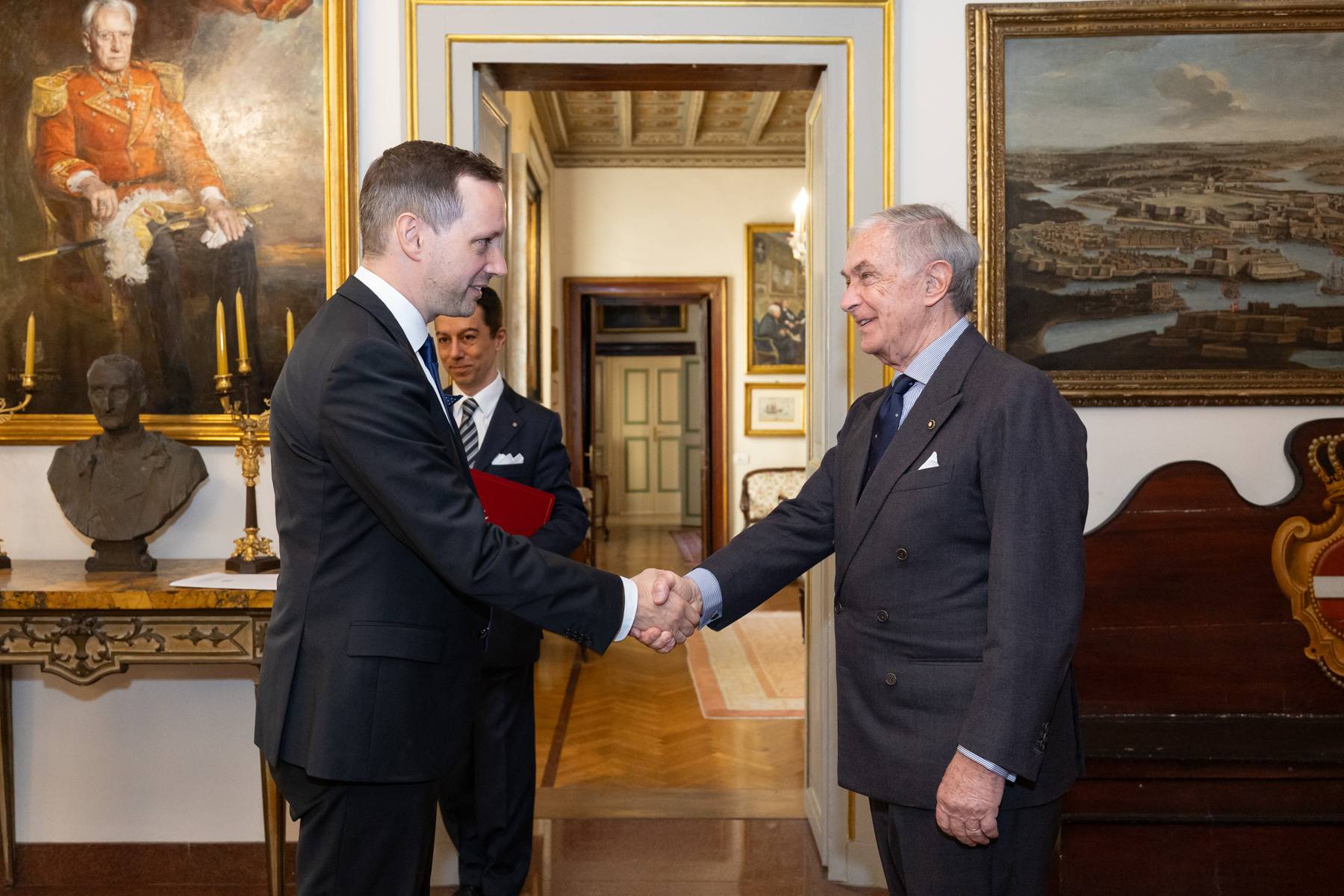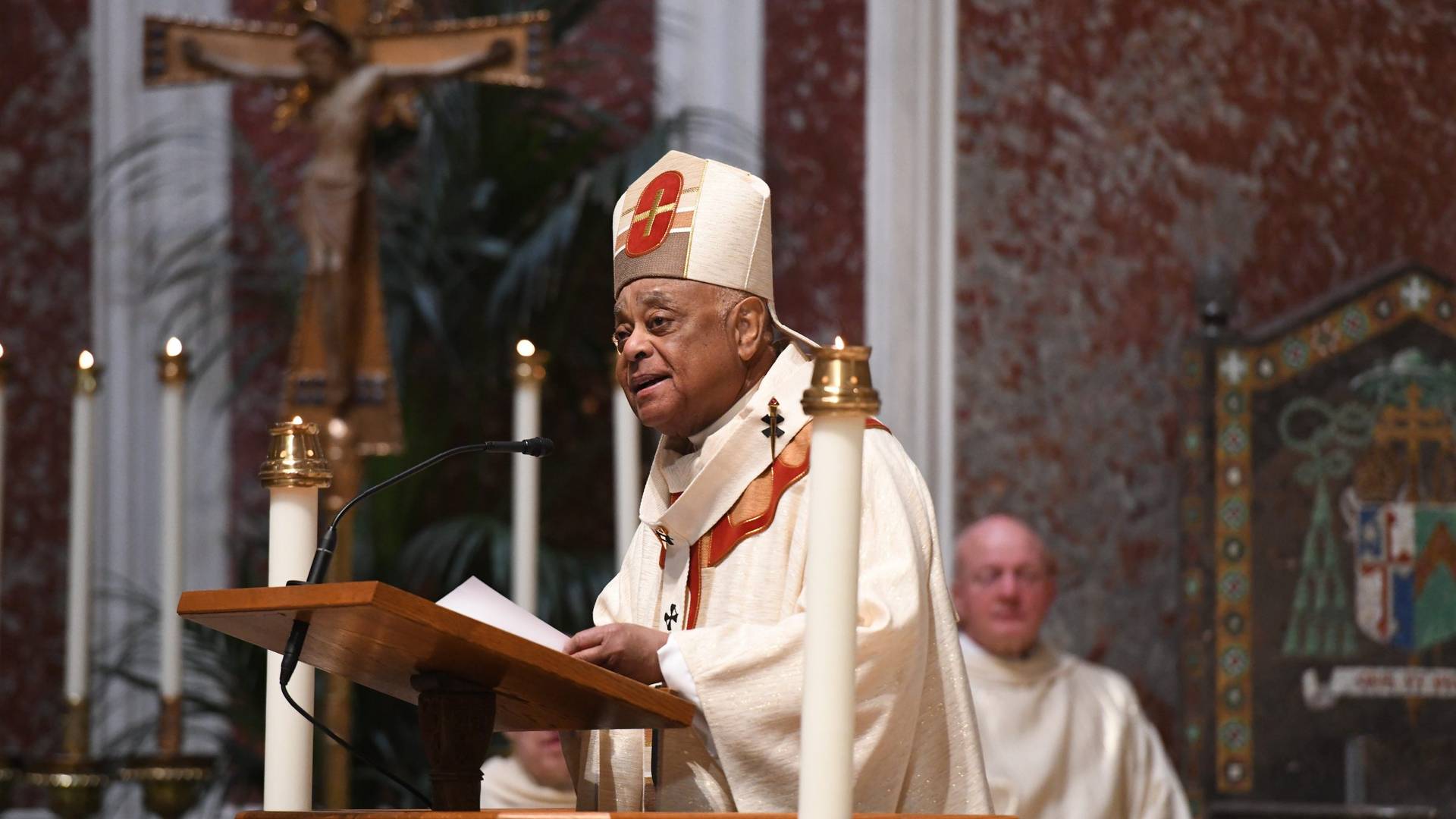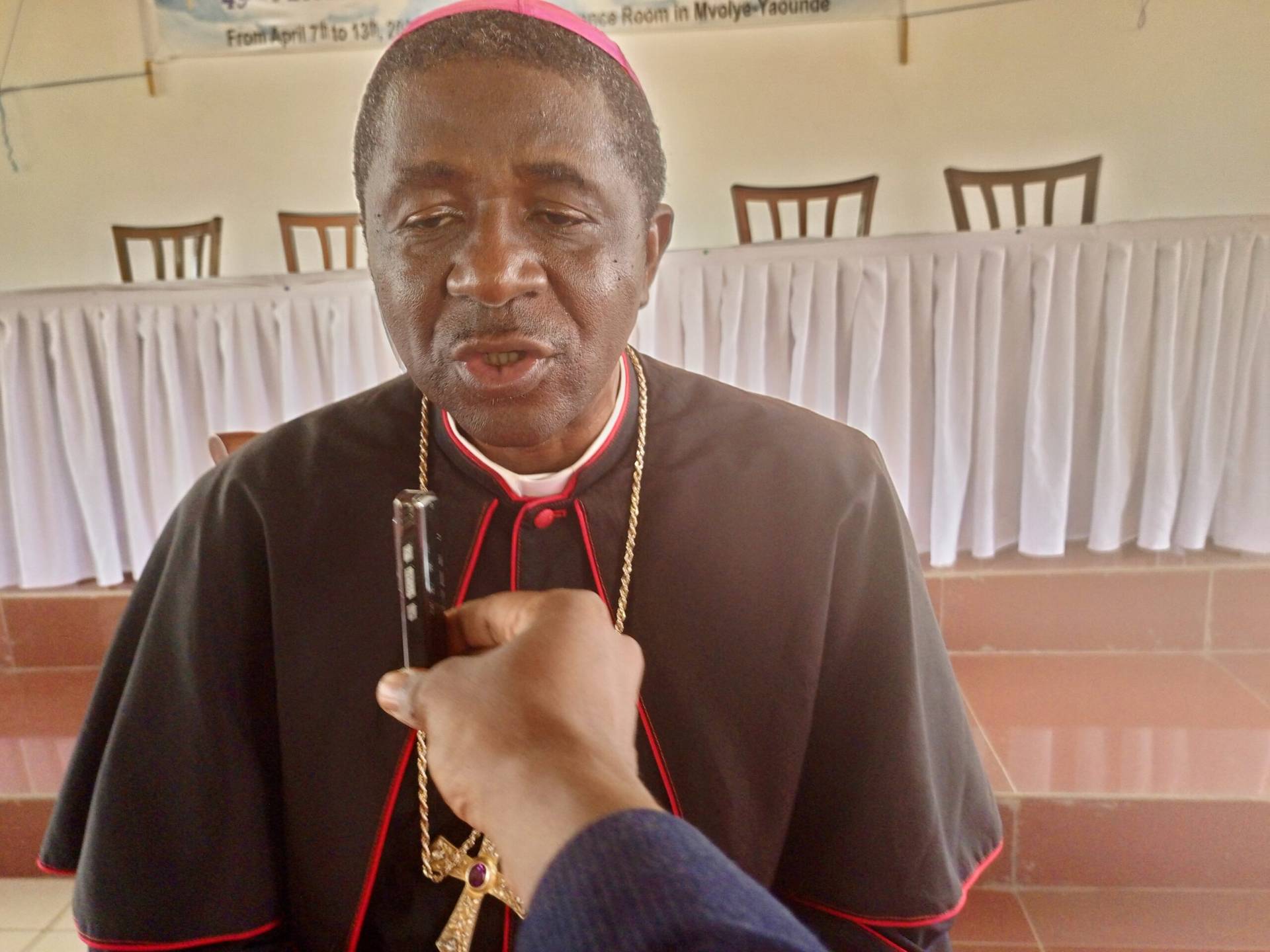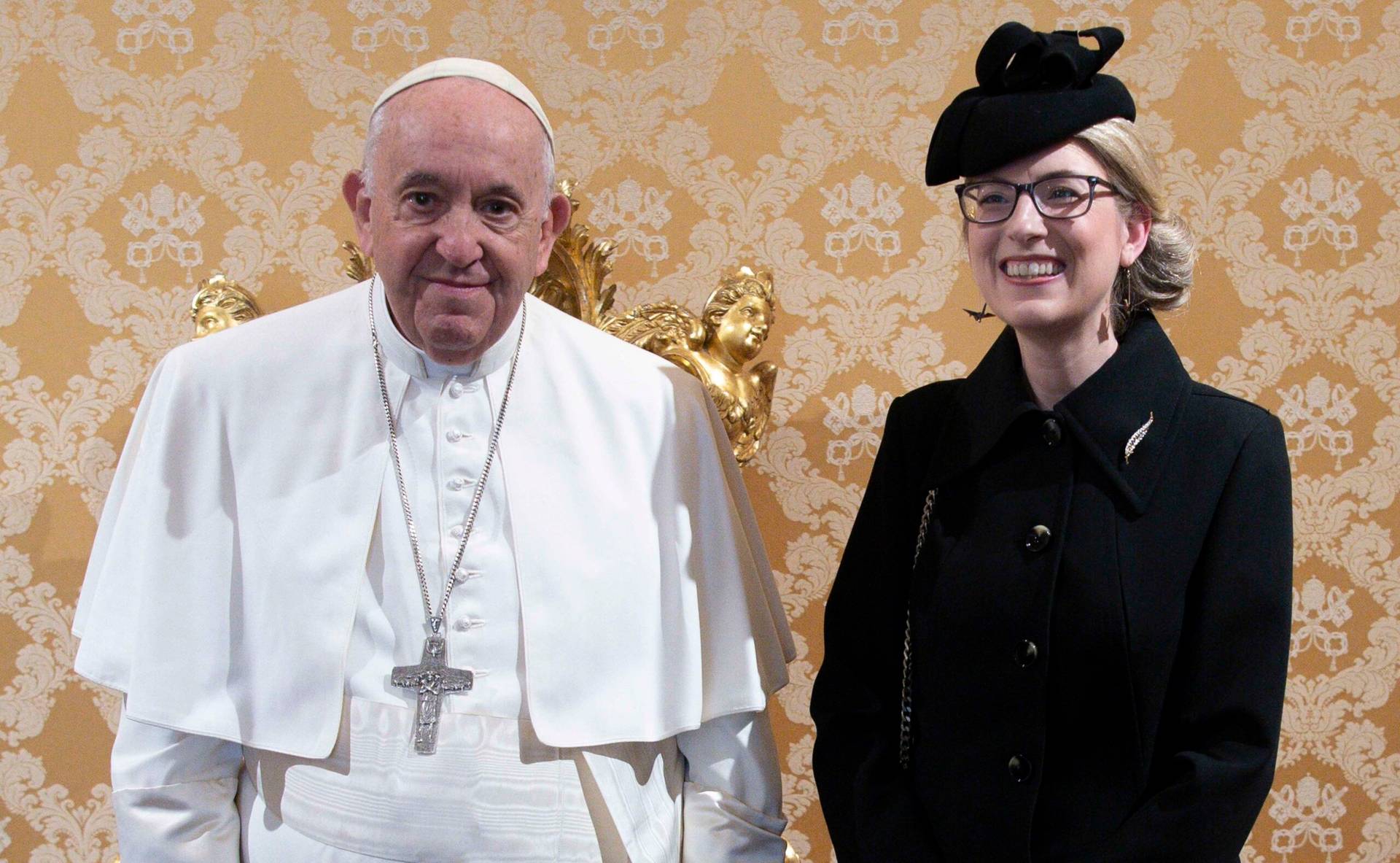[Editor’s note: A controversy has been swirling at Providence College in Rhode Island related to essays published by Anthony Esolen, a professor of literature, in “Crisis” magazine, arguing that the college’s understanding of “diversity” is more rooted in secular political ideology and contemporary gender theory than in a distinctly Catholic worldview. A faculty petition described his position as based on “racist, xenophobic, misogynist, homophobic, and religiously chauvinist statements,” and an email from Providence College President Father Brian Shanley disassociated the administration from Esolen’s views.
Dr. Holly Taylor Coolman teaches systematic theology at Providence College, and she recently spoke to Charles Camosy about the debate.]
Some people were surprised by this recent controversy at Providence College. Were you?
I wasn’t. Our campus has seen increasing frustrations in the last few years, and I came to feel that a big blow-up was almost inevitable.
I think you can see Professor Esolen’s essay as reflecting the long-term concerns of one group, in particular: Catholic faculty members who share a particular vision of the college’s mission. They assume that our Catholic identity should be at the center of everything we do, and they look to the long history of Catholic tradition, including recent documents like Pope St. John Paul II’s Ex Corde Ecclesiae, as crucial.
This group of faculty, in which I include myself, are worried. To put it simply, they don’t want to see Providence College join other religious universities who have moved away from their religious foundation. (Jim Burtchaell’s The Dying of the Light chronicles this phenomenon.)
Esolen’s essay is not arguing against diversity, in and of itself. Rather, the questions peppering his essay point to a single question: “Since everything we do should flow from our fundamental identity as a Catholic college, how do these diversity initiatives fit that description?”
And, to be sure, he suggests some ways he thinks Providence College is getting it wrong.
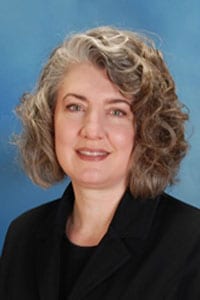
So, this is a matter of Catholic faculty vs. secularists?
Not exactly. Another group immediately involved here are some of the people who tend to fall on the margins in our community–and also those supporting them. They have serious concerns about systemic forms of exclusion. (And here, too, are a number of concerns that I myself share.)
They can see, for example, that Providence College’s 100-year history includes almost nothing of the African-American experience, or of Hispanic culture and tradition. In the last few years, the college has made a concerted effort to recruit more students, faculty, and staff from underrepresented groups, but frankly, it hasn’t always succeeded in offering needed support once they arrive.
For all those who are part of this second group, their frustrations are also part of a larger story: longstanding exclusion and unjust mistreatment of marginalized people. And, it’s important to say, some of these folks would also note that their concerns are prompted by Catholic commitments, beginning with a recognition of the dignity of every human being.
Esolen’s essay was read as opposition to individuals, and, by extension, as disregard for the specific cultural realities they represent. Unfortunately, the essay’s polemical tone contributed to that reading, especially once the editor had framed the whole piece with a headline that was pure clickbait.
When a number of people voiced criticism of the essay, the president responded with his own critique in a campus-wide email, and the executive vice president reported the impact of the essay as “implicitly racist” in another campus-wide email. In the end, these official responses then confirmed fears of that first group of faculty that questioning the way that diversity is being conceived and pursued means you’ll be cut off at the knees.
In what ways is this crisis revelatory of larger challenges faced by Catholic–and other–universities?
The larger concerns I mentioned appear on almost any campus. Every school, secular or religious, has a mission statement of some kind, and whether you’re dealing with curriculum reform, HR policies, physical plant updates, or whatever, there’s always the question of how to begin with, and to work from, the mission.
Diversity initiatives, and the desire to nurture a welcoming community, are important challenges for almost any school. None of this is ever easy. People disagree. And disagreements connect to some painful existential realities because people come with real forms of vulnerability.
At the present moment, at every level of society, we seem to face tremendous trouble in hearing one another, earning trust, and exercising trust.
So, Providence College is simply reflecting some larger patterns?
I’d also say that we at Providence have some special challenges. Our leadership simply has not sufficiently nourished the college’s mission for some time now. Living out Providence College’s sense of mission has to involve both clear articulation of things like the college’s history, the Catholic tradition, and the Dominican tradition, and at the same time, an invitation across the campus to collaborate and to share in working out that mission on campus.
We’re lacking in both of these elements, but especially the second. A couple years ago, the college’s mission statement was formally updated, and that painful, conflict-laden process revealed much. Even the composition of the central committee–without a single lay faculty member involved in full-time teaching–communicated a great deal.
Unsurprisingly, engagement with the mission in faculty hiring processes has also been seriously inadequate.
I’m afraid all this is also connected to another dynamic at Providence. Not only in the two groups I’ve mentioned, but across the campus, and particularly among the faculty, it’s my sense that we are demoralized and discouraged. Many have a deep-seated, long-term impression that, in the largest sense, they’ve not been invited into the college’s work as true partners.
In 2014, a formal survey of faculty revealed significant dissatisfaction across dozens of categories, and consistency and clarity of communication were among the top concerns.
Where does Providence College go from here?
I believe what we need most is an energetic recovery of a full-orbed sense of mission, a recovery in both “head and members.” This can’t be just conceptual; it has to be a living reality in which everyone on campus is invited to participate. In connection with living it out, we need a richly rooted conversation, with friendship as the foundation, and charity as the watchword.
In a context like that, disagreement, even sharp disagreement, can move us forward. We don’t need lockstep uniformity, but we do need a clear sense of a shared work, and our commitments to one another are part of that work.
I would argue that, in working this out, we will have to resist intentionally the standard deconstruction of a Catholic vision into ‘conservative’ and ‘progressive.’ These parts of the tradition are intrinsically connected.
Finally, I would say that we’ll do best at recovering this larger vision when we draw not only on the Church’s intellectual and speculative traditions, but also on practical ideals like truth-telling, repentance, attending to vulnerabilities, and focusing our attention on the “log in one’s own eye.”
The question is whether we have the will to take up this challenging, complex work and to pray for the wisdom it’s going to require.







